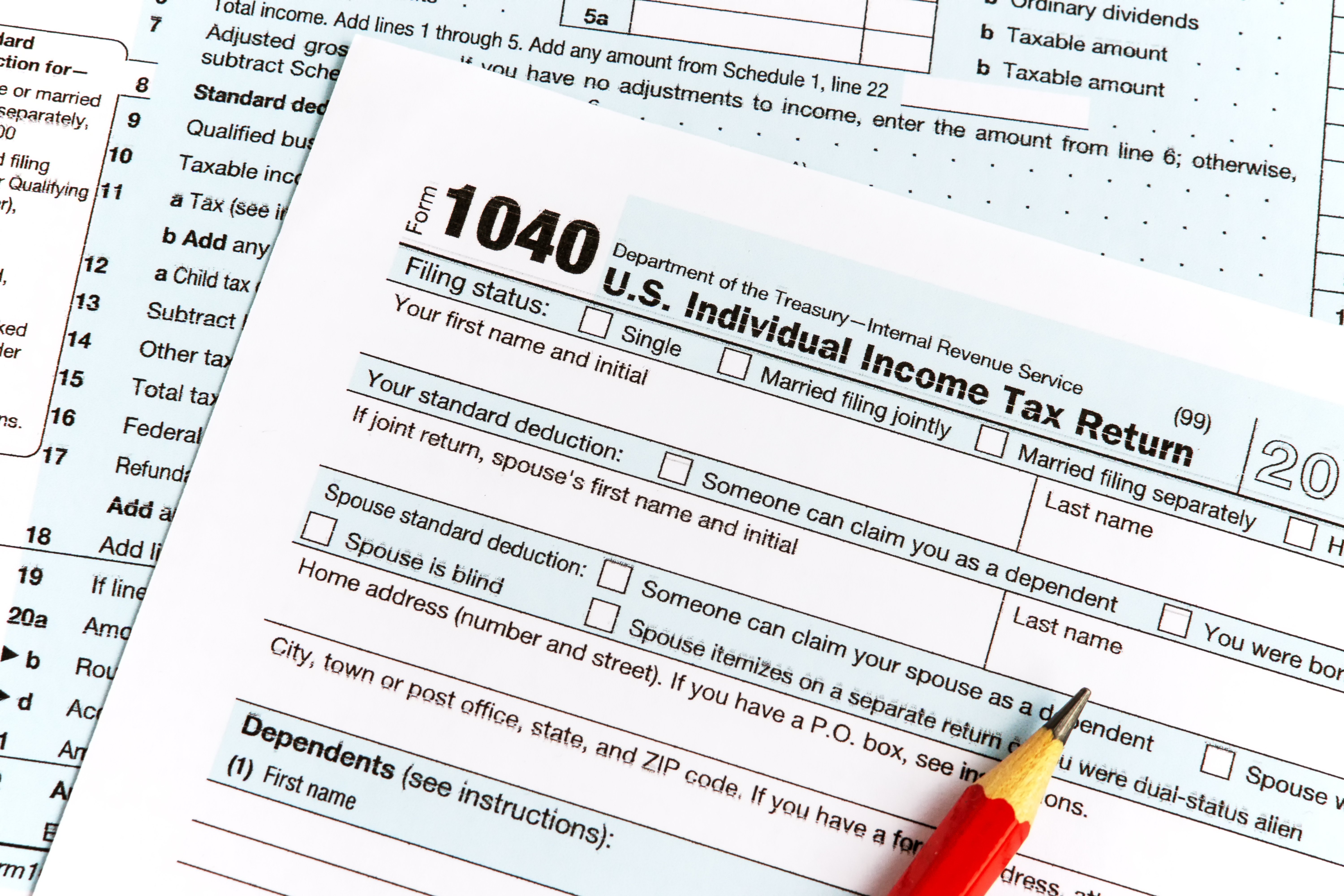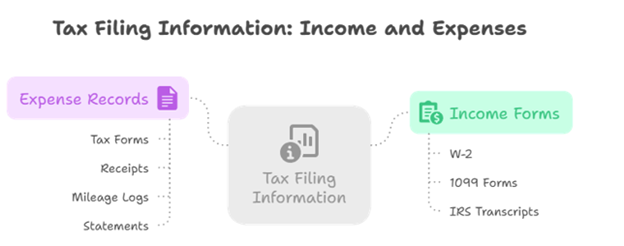Contributed by: AndyS, FreeTaxUSA Agent, Tax Pro

If you just realized you didn't file last year’s tax return, don't panic! It’s an easy fix to get your return filled out and filed, even if it’s late. You’ll want to get your return filed as soon as possible to avoid any potential late fees or penalties. We’ll break down what you need to do to get you off on the right foot.
Gather your tax information
You'll need your income and expense information for the year you're filing. Your income will typically be reported on a W-2 or 1099 form (1099-R, 1099-INT, 1099-DIV, 1099-NEC, etc.). If you don’t have your income forms, it’s best to contact the form issuer and request another copy. If that’s not possible, you may be able to request a wage and income transcript from the IRS.
For expenses, you might have received a tax form--such as Form 1098, which reports mortgage interest. You may also have saved receipts, records, mileage logs, or statements for things like charitable donations, childcare expenses, property taxes, health savings account information, retirement contributions, education expenses for college students or K-12 educators, home energy upgrades, business use of your vehicle, etc. The records you have kept for the prior year will determine which deductions or credits you’re eligible to claim.

File the past due return
When you have all your tax documents together, it’s time to get started! At FreeTaxUSA, you can file up to seven years of prior year tax returns. Select the prior year return you wish to file and log into (or create) your account.

You’ll want to get your tax return completed as soon as you can. While you typically won’t face a late fee or penalty if you are owed a refund, the IRS may charge late fees or penalties if you have tax due. Even if you can’t pay the full amount right away, get your tax return filed. Then you can set up a payment plan with the IRS to manage the balance due.
If you’re owed a tax refund, you generally only have three years from the tax return’s original filing deadline to claim it. Even after the three-year deadline has passed, it’s still a good idea to file your return. Doing so keeps you in good standing with the IRS, prevents the IRS from filing a substitute return on your behalf, avoids delays if you need to apply for a loan or federal aid, and allows you to report any self-employment income you may have to the Social Security Administration so you can receive credit toward retirement benefits.
If you owe taxes, you may be subject to a failure-to-file penalty (5% of unpaid taxes for each month or part of a month your return is late, up to a maximum of 25%), a failure-to-pay penalty (0.5% of unpaid taxes for each month or part of a month your payment is late, up to 25%), and interest on unpaid taxes. The IRS will determine if you’re subject to penalties after they process your tax return. They’ll send you a letter in the mail notifying you of any additional amount owed.
Most prior year returns need to be mailed to the IRS. If you have an identity protection PIN from the IRS, you may be able to e-file the most recent prior year tax returns. However, if you receive a notice from the IRS about an unfiled tax return, you’ll want to mail it to the address on the notice.
The most important step is to file your past-due return as soon as possible to minimize penalties and avoid potential issues with the IRS. Even if you can't pay the full amount owed, filing the return will stop the failure-to-file penalty from accruing.